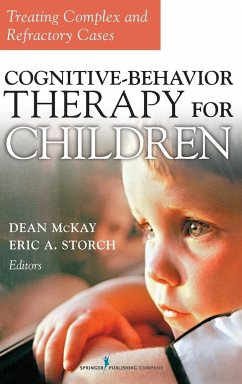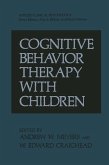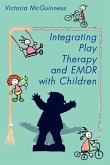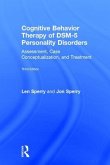" ""For clinicians involved with exigent pediatric cases, this book takes therapy to the next level by addressing the real-world challenges that arise with an expansive range of disorders. It will undoubtedly provide clinicians with novel ideas and approaches to advance their therapeutic skills and may be just the resource to revive stalled therapy."" Score: 98, 5 stars --"Doody's" ""[This book] faces sub-optimal treatment response head on, illustrating how re-conceptualization, use of alternative strategies, and clinical perseverance can lead to success."" --Deborah C. Beidel, PhD, ABPP Director of Clinical Training University of Central Florida ""Chapter authors cogently describe barriers to treatment implementation and recommend systematic adjustments to help improve the outcomes of formerly refractory child and adolescent clients."" -Wendy K. Silverman, PhD, ABPP Florida International University This book presents comprehensive coverage on cognitive-behavior therapy (CBT) and the treatment of complex and refractory cases in children. With critical, evidence-based information on signs and symptoms, treatment plans, and interventions, this is the one book CBT researchers and clinicians will not want to do without. Each chapter includes in-depth descriptions of empirically supported CBT interventions, factors that would limit treatment outcome in therapy, guidelines on managing these limiting conditions, and case studies. The contributors also discuss conditions that have typically been associated with poorer outcome. Important disorders discussed: Obsessive-compulsive disorder Posttraumatic stress disorder Difficult-to-treat youth depression Eating disorders Sleep disorders Pediatric bipolar disorder Asperger syndrome "








